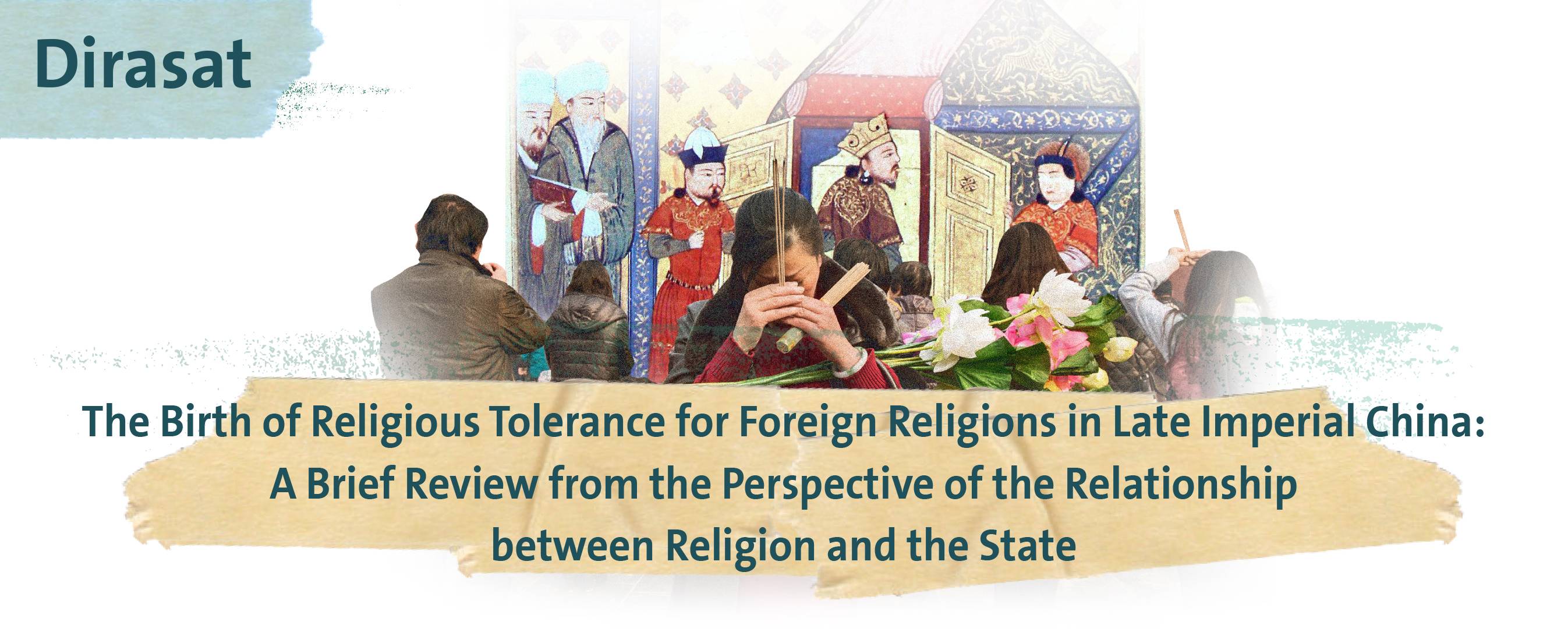The Birth of Religious Tolerance for Foreign Religions in Late Imperial China: A Brief Review from the Perspective of the Relationship between Religion and the State
Chinese political philosophy during the imperial era, which included Confucianism as one of the main schools of thought, was a tradition that tightly fused ethics and politics together. Scholar-bureaucrats of the empire were obliged to promote an “ethical” way of living for the people. This changed in the early eighteenth century when followers of the Abrahamic religions grew to a significant number. Although tolerance for Islam and Christianity was not a universally accepted concept in the late imperial era, and although neither the state nor the scholar-bureaucrats aimed at embracing the diversity of culture and value this entailed, the acceptance of the practice of different religions within the empire was a major change of thought. Even if Chinese rulers made political loyalty a precondition for such religious toleration, they had effectively abandoned the intention to “convert” or “enlighten” wayward subjects. The mandate to “make people one” was transformed from being meant culturally (or religiously) to being meant politically, as indicated by the analysis of discourses and policies discussed in this study.

